Discover Lights | Camera | Azadi
Lights | Camera | Azadi

65 Episodes
Reverse
Support LCA https://www.patreon.com/azadiFollow Avinash on Twitterhttps://twitter.com/PaliwalAviAvinash is a Reader in International Relations. Previously, he was the deputy director of the SOAS South Asia Institute, taught Defence Studies at King’s College London, and was the Defence Academy Postdoctoral Fellow at King’s.2:45 What has been the biggest point the general public missed around the Canada crisis?8:25 How to deal with New India?27:45 Why Khalistan issue has not got enough steam in the Western Sphere?36:25 Is this issue big enough?41:45 What is the end point of this crisis?45:45 Is the Khalistani movement a response to Hindutva?47:35 Assuming India did it, why was this not a clean operation?55:15 Is R&AW on high alert?
Support LCA : https://www.patreon.com/azadiFollow AbbyTwitter : https://twitter.com/theliverdrInstagram: https://instagram.com/theliverdr?igshid=MzRlODBiNWFlZA== Dr. Cyriac Abby Philips, a Specialist in Hepatology and Liver Transplant Medicine, did his MD in Internal Medicine from Nilratan Sircar Medical College, Kolkatta and DM in Hepatology & Liver Transplant Medicine from the Institute of Liver and Biliary Sciences, New Delhi.He was awarded the Gold Medal for Academic Excellence in Hepatology by the honourable President of India, Shri Pranab Mukherjee, during the Institute of Liver and Biliary Sciences Convocation and Foundation Day Ceremony held on 14th of January 2016 at New Delhi and won the prestigious American Association for Study of Liver Disease Award consecutively in the year 2015, 2016 and 2017 and was given Honorary Trainee Membership to The American Association for Study of Liver Disease (AASLD) at San Francisco, November 2015.3:00 Welcome, Dr Abby Philips07:50 Family support Abby received 17:50 Privatisation of healthcare in India33:20 The latest research by Abby45:30 History of Homeopathy01:04:10 Is Ayurveda beating Homeopathy?1:08:00 Is banning Homeopathy important?1:26:30 The tall claims of Homeopathy?1:37:10 Dilemmas of patient families1:54:40 Ageism in the Indian Healthcare1:58:30 Ayurveda - The elephant in the room2:11:00 Any research on cow urine?2:25:00 The impact of alcohol on the Liver
Support LCAhttps://lightscameraazadi.in/support-lca/ https://www.patreon.com/azadiNaveen Koomar is an Indian rap artist soon moving to Mumbai from Delhi. He has released many hit tracks like Baarishein, Kho Gaya, Dilli-18, Jalwe and many more.Follow Naveen -Instagram - https://instagram.com/naveen_koomar?igshid=Zjc2ZTc4Nzk=Twitter - https://twitter.com/naveen_koomar?s=21&t=q97bMvTKRogvsVGpfOMwiw2:15Understanding Naveen’s journey26:40How did Naveen meet his better half?37:15Is there a deep emotion in art?45:35Jab tak hum Zinda hai. Naveen’s alternative hip-hop61:30Battling that desire to be famous1:10:45What does it take to be a lyricist?1:16:25How can a budding artist start Rapping?1:22:15Indian music industry and its gatekeepers
Support LCA https://lightscameraazadi.in/support-lca/ https://www.patreon.com/azadi Follow Dipa https://twitter.com/sinhadipa Dipa Sinha has done her MA in Economics from JNU, MSc in Development Studies from School of Oriental and African Studies (SOAS), London and Ph.d from Jawaharlal Nehru University, New Delhi. She has worked on issues related to food rights, nutrition and public health.3:10 Understanding Dipa’s journey5:40 What is right to food?8:25 How do we measure hunger?11:00 How is India’s progress in this area?16:05 State intervention in this area18:40 Role of Union and State Government20:55 Malnourishment basis groups24:50 How do different governments approach this issue?37:25 The impact on women 50:25 The biggest battle that India is fighting when it comes to public health1:05:10 The fragmented model of public health in India1:06:50 Aam Admi Party’s model of governance1:08:10 Health outcomes in North vs South
Support LCA https://lightscameraazadi.in/support-lca/ https://www.patreon.com/azadi Follow Shashihttps://instagram.com/khayali.biryani?igshid=YmMyMTA2M2Y=https://instagram.com/khayali.biryani.studio?igshid=YmMyMTA2M2Y=Shashi Ashish Choudhary (they/them/they) is queer Bahujan poet and designer currently based in Chennai.Show Notes04:00Welcoming Shashi08:00Shashi asks questions to Vandit28:00Shashi’s life history, Jatt identity and other things1:03:50Shashi’s affiliation with Army1:20:50Bahujan identity and its politics1:34:00Caste in town planning and urban design2:00:00Culturally how is Chennai
Support LCA https://lightscameraazadi.in/support-lca/ https://www.patreon.com/azadi Mamidipudi Ramakrishna Sharan, an Assistant Professor in the Department of Agricultural and Resource Economics at the University of Maryland, College Park.Sharan's research centres around questions in development economics and political economy. Last Among Equals https://www.amazon.in/Last-Among-Equals-Politics-Villages/dp/9390679664 Follow Sharan https://twitter.com/sharanidli 3:00Sharan’s journey10:15Difference between north and south villages13:50When did Sharan have his cast realization?17:20When Sharan reached Bihar and the story behind Last Among Equals?26:30Any stereotypes on Bihar you carried?28:50How will you define a village in Bihar?38:50The politics of the village43:00Reaching Muzaffarpur49:50The story of Sanjay Sahini61:50The role of civil society in such movements?1:04:00The corruption in NREGA1:10:00Sanjay’s support system in the Sangathan1:13:10Thoughts on NREGA?1:25:20Sharan’s meeting with the Mukhiya1:29:30How Sanjay Sahini challenges the system?1:48:00The Musahar Wedding1:58:55Meeting Prashant Kishor2:03:00The following steps for Sanjay Sahini2:07:00Public grievances system in Bihar2:12:00Nitish vs Lalu2:17:00The time when Sanjay Sahini decides to file an MLA nomination2:49:20The Big Indian State
Watch on Youtubehttps://youtu.be/iIDuugLSAPQSupport LCAhttps://lightscameraazadi.in/support-lca/https://www.patreon.com/azadiRehna Ravindran is an Assistant Professor, at the University of Delhi. She completed her Ph.D. from JNU, New Delhi. She extensively writes on issues related to caste, gender, and politics.Follow Dr Rehna Raveendranhttps://twitter.com/Rehna_JNU3:00 Welcome Dr. Rehna11:00 How the caste question never came in Kerala?16:40What is the fundamental difference between Right and Left?30:30Is the Left movement progressive on the question of Gender?51:45Key differences between southern and northern states?1:03:30The caste assertion of north vs south1:08:30Being anti Anti caste vs Anti Brahmin1:22:30Thoughts on BHIM Army
Support LCA https://lightscameraazadi.in/support-lca/https://www.patreon.com/azadiFollow Shalinhttps://twitter.com/TheBluePen25https://www.instagram.com/shalinmarialawrence/About ShalinShalin is an activist, Intersectional feminist, writer, and orator.Shain has published two books in Tamil, in the year 2018 “Vadachennaikari “ (Feminist take on subaltern history and culture) and “Jency en Kuraivaaga paadinaar “(Feminist Take on cinema). Shalin is a regular writer in popular Tamil magazines and portals on social issues, especially feminism and caste.Timestamps2:45Introducing Shalin9:05What does it mean to be free?13:45 How did your relationship change since the time you started taking such a bold stance?17:00 Be a feminist and be alone or be less feminist and not so alone19:10 Marriages where men are feminist and the woman is not27:45Can men be feminists?35:10Problems with Tamil cinema43:45Pa Ranjith55:15The political climate of Tamil Nadu1:06:15Is Tamil Nadu politics ideological?1:16:15Is Brahminism defeated in Tamil Nadu?Show NotesVadachennaikari “ (Feminist take on subaltern history and culture)https://www.amazon.in/dp/B07RLJJQPZ/ref=cm_sw_r_tw_dp_VKCAR94M1CB0WY0GCFT9
Support LCA https://lightscameraazadi.in/support-lca/https://www.patreon.com/azadiFollow Subhajithttps://twitter.com/subhajit_nSubhajit Naskar is an Assistant Professor at the Department of International Relations at Jadavpur University. He has completed an integrated MPhil/Ph.D. from the Centre for South Asian Studies of the School of International Studies (SIS) at Jawaharlal Nehru University (JNU). He holds a Bachelor's degree in Political Science from Jadavpur University, Kolkata and a Master's degree in Political Science from the University of Hyderabad. He is focusing his research on Caste embeddedness in bhadralok Culture of Bengali Society, Religion and Moral questions, Upper Casteness, Untouchability, Critical race theory, and Intersectionality. 3:10 Subhajit’s life story16:20Understanding the reality of Bengal25:50Refugee of Bengal36:25Jyoti Basu46:05Voting patterns of the marginalized section59:20Anti-Caste Movement in IndiaMarichjhapi massacrehttps://thewire.in/history/west-bengal-violence-marichjhapi-dandakaranya
Support LCAhttps://lightscameraazadi.in/support-lca/https://www.patreon.com/azadiAashish Gupta - https://twitter.com/aashishg_Payal Hathi - https://twitter.com/aashishg_Aditi Priya - https://twitter.com/aditipriya_0301Guest ProfileAashish Gupta is a demographer. He holds a Ph.D. in demography and sociology from the University of Pennsylvania, and an MA in development studies from the Indian Institute of Technology Madras. Payal is a PhD student in Demography and Sociology at the University of California, Berkeley, and a Research Fellow at r.i.c.e. Her research interests center on social inequality and health.Aditi Priya is the founder of Bahujan Economists and is an upcoming graduate student at Brown University.Timestamps3:30 Life journey of Aashish and Payal16:15 Some eye-opening incidents 20:10 Research and challenges in explaining the work they do to friends & fa32:53 Summarizing the sanitization work and is it connected to life expectancy. 42:45 Presence of caste in the indicators and other religions.50:30 Sanitation workers and their struggles. The situation in government hospitals1:00:10 Understanding the research on life expectancy1:18:00Hypothesis on why life expectancy is low in Dalits and Adivasis 1:38:00Changes in life expectancy in each state1:43:20Response from academiaImportant LinksJoothan -https://www.google.co.in/books/edition/Joothan/0i5TtbXz36IC?hl=en&gbpv=1&printsec=frontcoverAnnihilation of Castehttps://www.amazon.in/Annihilation-Caste-B-R-Ambedkar/dp/9391523390/ref=asc_df_9391523390/?tag=googleshopdes-21&linkCode=df0&hvadid=545019405814&hvpos=&hvnetw=g&hvrand=9892539633617798177&hvpone=&hvptwo=&hvqmt=&hvdev=c&hvdvcmdl=&hvlocint=&hvlocphy=1007765&hvtargid=pla-1570789976633&psc=1Gender and caste inequality, and their role in persistence of environmental health harms https://www.sciencedirect.com/science/article/abs/pii/S0305750X21002977https://www.epw.in/journal/2017/1/review-rural-affairs/understanding-open-defecation-rural-india.htmlWhy a Dangerous Lack of Hygiene Persists in Government Hospitalshttps://www.epw.in/journal/2020/16/special-articles/caste-prejudice-and-infection.htmlFor a Bahujan Economicshttps://www.theindiaforum.in/article/bahujan-economicsSome Key findings by Aashish, Payal, and Aditihttps://twitter.com/aashishg_/status/1511528299079553024
Support LCA - https://lightscameraazadi.in/support-lca/Support LCA Patreon - https://www.patreon.com/azadiAbout Kancha Ilaiah ShepherdKancha Ilaiah was born on 5th October, 1952 in the village of Papaiahpet, Warangal district in Telangana State. His family belonged to the sheep-grazing Kuruma Golla caste which is considered as one of numerically dominated sub-caste among the Telugu speaking. Ilaiah has an M.A. degree in political science from Osmania University, Hyderabad and an M.Phil. awarded for his study of land reform in the south Indian state of Andhra Pradesh. He was awarded with Ph.D. degree for his work entitled ‘Political Thought of Gautama Buddha’, later it was published in the form book entitled ‘God as Political Philosopher: Buddha’s Challenge to Brahmanism’. He has been a recipient of the Mahatma Jyotirao Phule Award and was a Nehru Fellow between 1994-97. Timestamps3:15 Understanding Professor’s life story28:00 Professor’s fight for English Education46:30 The cultural burden on the marginalized section53:15 The changes in language policy that Professor seeks1:10:45 Difference between Shudra and Bahujan 1:24:55 Looking at the marginalized section in the minority religion1:31:50 to endThe rise of Modi and the decline of CongressShow NotesFrom a Shepherd Boy to an Intellectual: My Memoirs https://www.amazon.in/dp/9381345414/ref=cm_sw_r_tw_dp_YEEA0Z5BDN7YAMRKDJ31Why I Am Not a Hindu: A Sudra Critique of Hindutva Philosophy, Culture and Political Economyhttps://www.amazon.in/dp/9353282624/ref=cm_sw_r_tw_dp_7T9C8253CHWMB0Y2C7D2Buffalo Nationalism: A Critique of Spiritual Fascismhttps://www.amazon.in/dp/935328256X/ref=cm_sw_r_tw_dp_WXTBFB76TSVHVM9FNTYEUntouchable Godhttps://www.amazon.in/dp/8185604339/ref=cm_sw_r_tw_dp_4C32RHZ8FRZ32EZNTHFAPost-Hindu India: A Discourse in Dalit-Bahujan, Socio-Spiritual and Scientific Revolutionhttps://www.amazon.in/dp/817829902X/ref=cm_sw_r_tw_dp_KGVQ24RQ61YWC9WYMXCVThe Shudras: Vision for a New Path (Rethinking India, 5) https://www.amazon.in/dp/0670092983/ref=cm_sw_r_tw_dp_GYSWQE3PW1Y1TBRD285FTurning the Pot, Tilling the Land : Dignity of Labour in Our Timeshttps://www.amazon.in/dp/8189059092/ref=cm_sw_r_tw_dp_AGYYMP9DPC3QEH4MF60Q
Important LinksCEDE Donate page: https://www.cede.co.in/donateDelta Meghwal case: https://milaap.org/fundraisers/support-lehari-deviSupport LCA - https://lightscameraazadi.in/support-lca/Support LCA Patreon - https://www.patreon.com/azadiFollow Anurag Bhaskar - https://twitter.com/anurag_bhaskar_Anurag’s BioAnurag Bhaskar is an Assistant Professor of Law at O.P. Jindal Global University, Sonipat. He is also an Affiliate Faculty at the Harvard Law School Center on the Legal Profession, and a Visiting Faculty at the Indian Institute of Dalit Studies, New Delhi. Anurag is also a recipient of the Bluestone Rising Scholar Award 2021 by Brandeis University, the USA, and the Indian Equality Law Fellowship at the University of Oxford.Anurag holds an LLM (2018-19) from Harvard Law School, and B.A. LL.B. (2012-17) degree from Dr. Ram Manohar Lohiya National Law University (Lucknow, India). Before pursuing his LLM, Anurag clerked for a year (July 2017-18) with Dr. Justice DY Chandrachud (Judge, Supreme Court of India), where he worked on a number of landmark constitutional law cases. Anurag has several publications to his credit in India’s leading academic journals and edited books. His columns on different themes are regularly published in The Print, Live Law, The Wire, Hindustan Times, etc. He has delivered talks and lectures on various platforms.Anurag is also one of the founders of CEDE (Community for Elimination of Discrimination in Education and Employment) - an organization working towards reforming the Indian legal profession and judiciary. Time Stamps3:30 to 12:30Anurag’s life story12:30 to 20:50The Harvard experiences 20:50 to 25:05What do foreign universities look for? 25:05 to 27:48Anurag’s love towards the constitution27:48 to 36:00Why is a constitution necessary for a nation?36:00 to 37:45Countries that tried to play with the constitution 37:45 to 41:18Importance of a Nation’s founding moment 41:18 to 46:04Constitutional legitimacy 46:04 to 49:43Vision of the Indian constitution 49:43 to 54:45How did the Indian constitution survive?54:45 to 59:35Hindu Right’s idea of the constitution 59:35 to 1:04:45Constituent assembly debates 1:04:45 to 1:06:00Selection of Baba Saheb as the Chairman of the drafting committee1:06:00 to 1:17:06Ambedkar’s version of the constitution 1:17:06 to 1:24:30Did Ambedkar really want to burn the constitution?1:24:30 to 1:31:15The biggest debate in the constituent assembly? 1:31:15 to 1:35:14Importance of Constitution for marginalized caste groups? 1:35:14 to 1:39:40Rights vs Duties 1:39:40 to 1:44:34Changes in the constitution Anurag seeks 1:44:34 to 1:51:30The role of the President 1:51:30 to 1:55:15‘Socialist’ and ‘Secular’1:55:15 to endDelta Meghwal case and CEDEShow Notes Ambedkar’s Constitution: A Radical Phenomenon in Anti-Caste Discourse?https://journals.library.brandeis.edu/index.php/caste/article/view/282/63Ambedkar, Gandhi, and Patel: The Making of India's Electoral System https://www.amazon.in/Ambedkar-Gandhi-Patel-Making-Electoral/dp/9386826232
Support LCA – https://www.patreon.com/azadi ,https://lightscameraazadi.in/support-lca/Guest ProfileArvind Kumar is a PhD candidate with specific interest in electoral democracy and voting behaviour. His thesis- Caste, Inequality and Voting Behaviour in India explores the role caste and inequality in the rise of right-wing BJP in Indian democracy. His broader research interests include Caste/Ethnic Inequality, Political Behaviour, Party Politics, Political Economy, Political Theory, Judicial Politics and South Asian Politics.Prior to joining PhD, Arvind Kumar obtained BA(H) in Arabic, MA in Political Science and MPhil in Political Studies from Jawaharlal Nehru University (JNU), New Delhi, and also taught as a Guest Lecturer of Political Science (2016-18) at the Department of Political Science, Satyawati College (M), University of Delhi, New Delhi, India.(Taken from the website of Royal Holloway) Follow Arvind KumarTwitter - https://twitter.com/arvind_kumar__Timestamps4:00 to 19:33Arvind’s life journey 19:33 to 25:41Early life and challenges 25:41 to 27:54The philosopher who influenced Arvind’s thinking the most 27:54 to 40:00Gandhi vs. Ambedkar 40:00 to 42:30Gandhi’s varied position on caste 42:30 to 1:07:06Poona pact and separate electorate 1:07:06 to 1:23:30The debate of reservation 1:23:30 to 1:26:30Arvind’s research on voting behavior 1:26:30 to 1:37:50The story of UP elections 1:37:50 to 1:39:36Samajwadi party’s winning strategy 1:39:36 to 1:41:50The swing of Non-Yadav OBC1:41:50 to 1:50:45The tilt of and mood of UP 1:50:45 to 1:54:20Is BJP a default Dalit party? 1:54:20 to 1:59:00Is BJP a Brahminical party? 1:59:00 to 2:04:17The image of the Samajwadi Party and main issues of UP elections2:04:17 to 2:17:10How important is Development in elections2:17:10 to 2:22:00Hathras and its impact on elections2:22:00 to 2:30:42Impact of COVID on the elections 2:30:42 to 2:32:!5MLAs against Yogi Adityanath2:32:15 to 2:33:10Bhim Army and its chances 2:33:10 to endThe issue with BSP and the verdict on UPShow Notes https://www.livelaw.in/columns/neet-admissions-pg-courses-of-medical-sciences-anti-reservationists-https://theprint.in/opinion/kanshi-ram-ran-bsp-military-style-the-problem-is-mayawati-runs-it-like-a-bureaucracy/245354/
Support LCA – https://www.patreon.com/azadi , https://lightscameraazadi.in/support-lca/Guest profileRachita Taneja is a comic artist. She is the founder of webcomic Sanitary Panels. Her Instagram page has comic panels in the form of political satire and humor. Rachita was an instrumental player in the ‘Save the Internet’ and ‘Kodaikanal Won’t’ campaign, and she is also the trustee of ‘Internet Freedom Foundation (IFF).’Follow Sanitary panelsInstagram: https://www.instagram.com/sanitarypanels/Twitter: https://twitter.com/sanitarypanelsTimestamps3:17 to 5:27The story behind the name ‘Sanitary Panels’5:27 to 7:51What is the secret sauce of the Sanitary Panel’s success?7:51 to 8:47Dependency on social media 8:47 to 16:12Journey of Rachita Taneja16:12 to 23:17Jaitapur documentary by Rachita 23:17 to 30:17Pattern of trolling30:17 to 32:17The ability to question authority 32:17 to 35:02 The time when you formed life philosophy35:02 to 37:57Rachita’s parents think about her work.37:57 to 54:17Net neutrality movement, which Rachita was a part of54:17 to 56:26What did you learn about mobilization and movement post the ‘Save the Internet Campaign’?56:26 to 1:11:26 The power of online mobilization – ‘Kodaikanal won’t’ and ‘me too.’1:11:26 to 1:23:00How did you discover your art form?1:23:00 to endTips for budding artistsShow NotesSave the internet campaign https://internetfreedom.in/campaigns-savetheinternet/TRAI draft consultation https://www.trai.gov.in/sites/default/files/Recommendations_NN_2017_11_28.pdfKodaikanal won’t campaign https://www.youtube.com/watch?v=nSal-ms0vcI
Today, #lightscameraazadi celebrates the 50th episode, and in this special episode we invited some of the loyal listeners of the show to learn about their experience with LCA and what makes the show special for them.Follow themShubham Goel - https://www.instagram.com/shubhamgoel2525/Musa Bajwa - https://www.instagram.com/being.borderless/Rishabh Singh - https://www.instagram.com/brown_moron/Mahish - https://www.instagram.com/mahish_visuals/ If you want to support #lightscameraazadi you can make a contribution herePatreon - https://www.patreon.com/azadihttps://lightscameraazadi.in/support-lca/
Support LCA - https://www.patreon.com/azadi , https://lightscameraazadi.in/support-lca/Subscribe Hypothesis Guest Profile:Amit Varma is a writer and podcaster based in Mumbai. He started his career in advertising, moved on to television, and has been a journalist since 2001. He has written for the Wall Street Journal, the Guardian, the Observer and almost every Indian publication. He is currently a columnist for the Times of India, Bloomberg Quint and Cricket Next.He was managing editor of Cricinfo between 2003 and 2008, and a consulting editor at Yahoo after that. He relaunched the online magazine Pragati in 2017, as the chief editor, and made them podcasting pioneers by launching a series of podcasts for them.Follow Amit Varma Follow The Seen and the Unseen Timestamps4:30 to 20:05Amit Varma’s journey 20:05 to 24:15Pre-liberalized era 24:15 to 27:55Amit’s childhood27:55 to 29:37Is a liberal constitution imposed on an illiberal population?29:37 to 35:20Is Amit more vocal on Twitter these days?35:20 to 40:15Will it matter if BJP changes the constitution? 40:15 to 52:47Why do so many young people support BJP/Hindutva? 52:47 to 1:00:05Does Hindutva ring a bell that we cannot comprehend sometimes?1:00:05 to 1:02:15Did Amit’s view on Kejriwal change post-Abhinandan sekri’s episode?1:02:15 to 1:04:45What does Amit think about his network?1:04:45 to 1:11:45Amit’s thought on Secularism1:11:45 to 1:15:12How much should we blame our first past post the system1:15:12 to 1:26:00Where do you see things in 2024?1:26:00 to 1:31:45How Amit’s sees the relationship b/w RSS & BJP1:31:45 to 1:39:20Dalit representation in ‘Seen and the Unseen’1:39:20 to 1:50:45Amit's vision for ‘Seen and the Unseen’ and his planning of the show.1:50:45 to 1:57:45The business model of podcasts 1:57:45 to endAudience questionsNotes1.Amit Varma’s , The Art of clear writing 2.Episode 254: The Life and Times of Abhinandan Sekhri 3.Episode 248: The Decline of the Congress4.Episode 149: A Life in Indian Politics5.Episode 112: Early Indians6.Episode 45: The BJP’s Magic Formula7.#47 The Reality of RSS with Bhanwar Meghwanshi8.I could not be a Hindu 9.Steven Pinker – The Blank Slate 10.George Orwell, A Collection of Essays11.Politics and the English language12.Tony Joseph – Early Indians13.India Moving. A history of migration – Chinmay Tumbe14.Wanderers, Kings, Merchants: The Story of India through Its Languages by Peggy Mohan15.Roam research 16.Zencastr 17. Squascast
Support LCA : https://lightscameraazadi.in/support-lca/Subscribe to LCA’s Newsletter Hypothesis : https://lightscameraazadi.in/newsletter/Follow Abhilasha : https://www.instagram.com/beyond_clinical_fences/?hl=enAbhilasha Bharti is a Trauma-informed and Caste-sensitive Counseling Psychologist who holds an M.A in Applied Psychology with a Specialization in Counseling Psychology from TISS, Mumbai. She employs a Systemic and Contextual lens to look into the nuances of how Caste manifests and impacts the Mental health of the Marginalized. 4:00 to 11:30Welcome Abhilasha and understand her background11:30 to 14:30India’s mental health14:30 to 17:25Can friends substitute a therapist?17:25 to 21:25What happens to the person if they brush their issues under the carpet?21:25 to 26:15Examples of emotional abuse26:15 to 35:00The normalization of physical abuse to child35:00 to 40:50Difference between anxiety, panic, and depression40:50 to 43:15Signs of depression43:15 to 50:45Our responsibility when someone is in depression50:45 to 54:30Parents struggle to accept the mental health problems of their children54:30 to 57:00Idea of confidentiality 57:00 to 1:06:30What is Caste sensitive therapy1:06:30 to 1:11:50Some details on Abhilasha’s experience1:11:50 to 1:16:30Why is caste therapy important?1:16:30 to 1:29:00Inter-generational trauma1:29:00 to 1:31:10The cultural hegemony of the ruling class1:31:10 to 1:47:30Discussing case studies and caste micro-aggression 1:47:30 to 1:50:45Mental health effects of micro-aggression1:50:45 towards the endImposter syndromeअभिलाषा भारती एक आघात-सूचित और जाति-संवेदनशील परामर्श मनोवैज्ञानिक हैं, जिन्होंने TISS, मुंबई से परामर्श मनोविज्ञान में विशेषज्ञता के साथ अनुप्रयुक्त मनोविज्ञान में M.A किया है। जाति कैसे प्रकट होती है और हाशिए पर पड़े लोगों के मानसिक स्वास्थ्य को कैसे प्रभावित करती है, इसकी बारीकियों को देखने के लिए वह एक प्रणालीगत और प्रासंगिक लेंस का इस्तेमाल करती हैं।4:00 से 11:30अभिलाषा का स्वागत करें और उनकी पृष्ठभूमि को समझें11:30 से 14:30भारत का मानसिक स्वास्थ्य14:30 से 17:25क्या मित्र चिकित्सक की जगह ले सकते हैं?17:25 से 21:25उस व्यक्ति के साथ क्या होता है यदि वे अपने मुद्दों को कालीन के नीचे दबाते हैं?21:25 से 26:15भावनात्मक शोषण के उदाहरण26:15 से 35:00बच्चे के लिए शारीरिक शोषण का सामान्यीकरण35:00 से 40:50चिंता, घबराहट और अवसाद के बीच अंतर40:50 से 43:15अवसाद के लक्षण43:15 से 50:45जब कोई डिप्रेशन में होता है तो हमारी जिम्मेदारी50:45 से 54:30माता-पिता अपने बच्चों की मानसिक स्वास्थ्य समस्याओं को स्वीकार करने के लिए संघर्ष करते हैं54:30 से 57:00गोपनीयता का विचार57:00 से 1:06:30जाति संवेदनशील चिकित्सा क्या है1:06:30 से 1:11:50अभिलाषा के अनुभव पर कुछ विवरण1:11:50 से 1:16:30जाति चिकित्सा क्यों महत्वपूर्ण है?1:16:30 से 1:29:00अंतर-पीढ़ी का आघात1:29:00 से 1:31:10शासक वर्ग का सांस्कृतिक आधिपत्य1:31:10 से 1:47:30केस स्टडीज और जाति सूक्ष्म आक्रमण पर चर्चा1:47:30 से 1:50:45सूक्ष्म आक्रामकता के मानसिक स्वास्थ्य प्रभाव1:50:45 अंत की ओरइम्पोस्टर सिंड्रोमRound table Indiahttps://roundtableindia.co.in/
Support LCA - https://lightscameraazadi.in/support-lca/Subscribe to LCA’s newsletter – Hypothesis - https://lightscameraazadi.in/newsletter/Follow Bhanwar Meghwanshi Twitter – https://twitter.com/bhanwarmegh?lang=enInstagram - https://www.instagram.com/bhanwarm/Link to Mai ek kar sevak tha (2019)https://www.amazon.in/Main-Ek-Kar-Sevak-Tha/dp/8194118514Link to I could not be Hindu (2020)https://www.amazon.in/Could-Not-Be-Hindu-Story/dp/8189059939Born in 1975, Bhanwar Meghwanshi is a socio-political activist who joined the Rashtriya Swayamsevak Sangh at the age of thirteen. Since leaving the RSS in 1991, he has been an activist and part of the Ambedkarite Dalit movement. Main ek swayamsevak tha (2019) is his first book, translated in English as I Could not be a Hindu (2020). In this episode, we take a deep dive into Bhanwar ji’s history of joining the RSS, the chain of events that lead to him leaving the RSS, and most importantly understanding how the RSS functions in detail.4:30 to 10:22Understanding the context of Bhanwar Ji’s book and the reaction of RSS10:22 to 14:05Did RSS people change once they read this book?14:05 to 25:00Understanding Sangh’s agenda25:00 to 30:00:00Why Bhanwar Ji joined RSS?30:00 to 34:30RSS’ organization structure34:30 to 40:55The role of a Pracharak40:55 to 51:40Relationship between RSS and women51:40 to 59:00Difference between RSS and BJP59:00 to 1:05:33Upper hand between Bhagwat and Modi1:05:33 to 1:11:23Funds of RSS1:11:23 to 1:20:20Hindutva vs Hinduism1:20:20 to 1:27:40Jati vyavastha in Hindu dharma1:27:40 to 1:34:40Creating a Hinduism without Caste1:34:40 to 1:46:20RSS & Ambedkar1:46:20 to 1:59:00Bhanwar Ji’s early life and first interaction with RSS1:59:00 to 2:22:30Bhanwar Ji’s family reaction to his affiliation with RSS and early experiences2:22:30 to 2:26:42Concept of discrimination in RSS2:26:42 to 2:33:20Bhanwar Ji’s father relationship with Congress2:33:20 to 2:38:40BAMCEF letter2:38:40 to 2:54:17Connecting the dots2:54:17 to 3:00:30Responding to RSS’ propaganda 3:00:30 to endGujarat 2002 and why the Right Wing is winning1975 में जन्मे भंवर मेघवंशी एक सामाजिक-राजनीतिक कार्यकर्ता हैं, जो तेरह साल की उम्र में राष्ट्रीय स्वयंसेवक संघ में शामिल हो गए थे। 1991 में आरएसएस छोड़ने के बाद से, वह एक कार्यकर्ता और अम्बेडकरवादी दलित आंदोलन का हिस्सा रहे हैं। मैं एक स्वयंसेवक था (२०१९) उनकी पहली पुस्तक है, जिसका अंग्रेजी में अनुवाद किया गया है क्योंकि मैं हिंदू नहीं हो सकता (२०२०)। इस कड़ी में, हम भंवर जी के आरएसएस में शामिल होने के इतिहास, उन घटनाओं की श्रृंखला, जो उन्हें आरएसएस छोड़ने के लिए प्रेरित करती हैं, और सबसे महत्वपूर्ण बात यह समझते हैं कि आरएसएस विस्तार से कैसे काम करता है।4:00 से 10:30:30भंवर जी की किताब के संदर्भ और आरएसएस की प्रतिक्रिया को समझना10:226 से 18:05क्या इस किताब को पढ़ने के बाद आरएसएस के लोग बदल गए?18:05 से 29:00संघ के एजेंडे को समझना२९:०० से ३०४:००भंवर जी आरएसएस से क्यों जुड़े?34:00 से 38:30आरएसएस का संगठन ढांचा38:30 से 44:55एक प्रचारक की भूमिका44:55 से 55:40आरएसएस और महिलाओं के बीच संबंध55:40 से 63:00आरएसएस और बीजेपी में अंतर63:00 से 1:09:33भागवत और मोदी के बीच ऊपरी हाथ1:09:33 से 1:15:23आरएसएस के फंड1:15:23 से 1:24:20हिंदुत्व बनाम हिंदुत्व1:24:20 से 1:31:40हिंदू धर्म में जाति व्यवस्था1:31:40 से 1:38:40जाति के बिना हिंदू धर्म बनाना1:38:40 से 1:50:20आरएसएस और अम्बेडकर1:50:20 से 2:03:00भंवर जी का प्रारंभिक जीवन और आरएसएस के साथ पहली बातचीत2:03:00 से 2:26:30भंवर जी की आरएसएस से संबद्धता और शुरुआती अनुभवों पर परिवार की प्रतिक्रिया2:26:30 से 2:30:42आरएसएस में भेदभाव की अवधारणा2:30:42 से 2:37:20भंवर जी के पिता का कांग्रेस से नाता2:37:20 से 2:42:40बामसेफ पत्र2:42:40 से 2:58:17बिंदुओं को कनेक्ट करना2:58:17 से 3:04:30आरएसएस के प्रचार का जवाब3:04:30 से अंत तकगुजरात 2002 और दक्षिणपंथी क्यों जीत रहे हैं
Support LCA : https://www.patreon.com/azadiSubscribe to LCA Newsletter: https://lightscameraazadi.in/newsletter/Follow Shehzad https://www.instagram.com/shehzadghiasshaikh/?hl=enFollow The Pakistan Experience https://open.spotify.com/show/1efQttW7dnyx8sTkUGNapc?si=5J3eH5lYRMOfdg9RV9TaAw&dl_branch=14:45 to 10:15Welcoming Shehzad 10:15 to 12:45Understanding education culture in Pakistan12:45 to 18:01Similarities between India and Pakistan18:01 to 21:57Experience with Indian abroad21:57 to 26:30Why the animosity is still prevalent between India and Pakistan since 1947? 26:30 to 34:20The parallel between the far right of India and Pakistan34:25 to 47:35The political system of Pakistan47:35 to 58:45Stand up comedy scene in Pakistan1:01:20 to 1:08:00How does Pakistan see India post-2014?1:08:00 to 1:16:55Zia Ul Haq’s turn towards fundamentalism1:16:55 to 1:23:50Understanding Imran Khan’s politics1:23:50 to 1:31:25Comparing Nawaz Sharif and Imran Khan1:31:25 to 1:37:45Pakistani society response to Taliban1:37:45 to endHow serious is the Pakistani state in fighting terrorism?4:30 से 10:15शहजाद का स्वागत10:15 से 12:45पाकिस्तान में शिक्षा संस्कृति को समझना12:45 से 18:01भारत और पाकिस्तान के बीच समानताएं18:01 से 21:57विदेशों में भारतीय के साथ अनुभव21:57 से 26:301947 से भारत और पाकिस्तान के बीच दुश्मनी अभी भी क्यों प्रचलित है?26:30 से 34:20भारत और पाकिस्तान के सुदूर दक्षिणपंथ के बीच समानता34:25 से 47:35पाकिस्तान की राजनीतिक व्यवस्था47:35 से 58:45पाकिस्तान में स्टैंड अप कॉमेडी सीन1:01:20 से 1:08:002014 के बाद भारत को पाकिस्तान कैसे देखता है?1:08:00 से 1:16:55कट्टरवाद की ओर जिया उल हक की बारी1:16:55 से 1:23:50इमरान खान की राजनीति को समझना1:23:50 से 1:31:25नवाज़ शरीफ़ और इमरान ख़ान की तुलना1:31:25 से 1:37:45तालिबान को पाकिस्तानी समाज की प्रतिक्रिया1:37:45 समाप्त करने के लिएआतंकवाद से लड़ने में पाकिस्तानी सरकार कितनी गंभीर है?
Support LCA : https://www.patreon.com/azadiSubscribe to Hypothesis : https://lightscameraazadi.in/newsletter/Follow Rahee : https://www.instagram.com/artedkar/?hl=enRahee Punyashloka comes from Orissa, and he is an artist and filmmaker. He is also a Ph.D. student at JNU. This episode discusses various aspects of society, nation-building from the Dalit-Bahujan lens, the 19th-century history of India, and the philosophy of enlightenment. 04:30 to 19:30Understanding Rahee’s journey19:30 to 24:30Experience with Elite film students24:30 to 31:10Difference between Bahujan and Savarna families31:10 to 37:50Relationship with faith in Bahujan families37:50 to 43:45Rahee’s vision around movie-making43:45 to 49:35Defining the success of Rahee’s movies49:35 to 56:45Rahee’s Ph.D. and research at JNU56:45 to 1:06:05The most popular misconception of the 19th Century1:06:05 to 1:11:25The instinct of Brahmanical society to homogenize society1:11:25 to 1:13:55The similarity between secular and cultural nationalism1:13:55 to 1:18:15Bahujan movement and Nation-building1:18:15 to 1:24:12The British understanding of caste and what happened?1:24:12 to 1:29:00The seed of Right-Wing Nationalism 1:29:00 to 1:31:00Divergence of Gandhi’s Nationalism and R/W nationalism 1:31:00 to 1:48:00Why didn’t enlightenment reach India?1:48:00 to 1:53:15Understanding Rahee’s art1:53:15 to 1:58:15Indian art movement1:58:15 to endAudience questions.राही पुण्यश्लोक उड़ीसा से आते हैं और वह एक कलाकार और फिल्म निर्माता हैं। वह भी एक पीएच.डी. जेएनयू में छात्र। इस एपिसोड में समाज के विभिन्न पहलुओं, दलित-बहुजन लेंस से राष्ट्र-निर्माण, भारत के 19वीं सदी के इतिहास और ज्ञानोदय के दर्शन पर चर्चा की गई है।04:30 से 19:30राही की यात्रा को समझना19:30 से 24:30एलीट फिल्म छात्रों के साथ अनुभव24:30 से 31:10बहुजन और सवर्ण परिवारों में अंतर31:10 से 37:50बहुजन परिवारों में आस्था से रिश्ता37:50 से 43:45फिल्म निर्माण के इर्द-गिर्द रही राही की दृष्टि43:45 से 49:35राही की फिल्मों की सफलता को परिभाषित करना49:35 से 56:45राही के पीएच.डी. और जेएनयू में अनुसंधान56:45 से 1:06:0519वीं सदी की सबसे लोकप्रिय भ्रांति1:06:05 से 1:11:25समाज को समरूप बनाने की ब्राह्मणवादी समाज की प्रवृत्ति1:11:25 से 1:13:55धर्मनिरपेक्ष और सांस्कृतिक राष्ट्रवाद के बीच समानता1:13:55 से 1:18:15बहुजन आंदोलन और राष्ट्र निर्माण1:18:15 से 1:24:12अंग्रेजों को जाति की समझ और क्या हुआ?1:24:12 से 1:29:00दक्षिणपंथी राष्ट्रवाद का बीज1:29:00 से 1:31:00गांधी के राष्ट्रवाद और आर/डब्ल्यू राष्ट्रवाद का विचलन1:31:00 से 1:48:00ज्ञान भारत तक क्यों नहीं पहुँचा?1:48:00 से 1:53:15राही की कला को समझना1:53:15 से 1:58:15भारतीय कला आंदोलन1:58:15 से अंत तकदर्शकों के सवाल।Show Notes:Rahee’s Movie : Noise Reduction II: Chinatownhttps://vimeo.com/75490662 Password: ChinatownBook – 1857https://www.amazon.in/1857-Real-Story-Great-Uprising/dp/9350290367/ref=sr_1_1?dchild=1&keywords=1857+vishnu+bhatt&qid=1631358986&sr=8-1Immanuel Kanthttps://plato.stanford.edu/entries/kant/Moses Mendelssohnhttps://plato.stanford.edu/entries/mendelssohn/
Top Podcasts
The Best New Comedy Podcast Right Now – June 2024The Best News Podcast Right Now – June 2024The Best New Business Podcast Right Now – June 2024The Best New Sports Podcast Right Now – June 2024The Best New True Crime Podcast Right Now – June 2024The Best New Joe Rogan Experience Podcast Right Now – June 20The Best New Dan Bongino Show Podcast Right Now – June 20The Best New Mark Levin Podcast – June 2024
 United States
United States

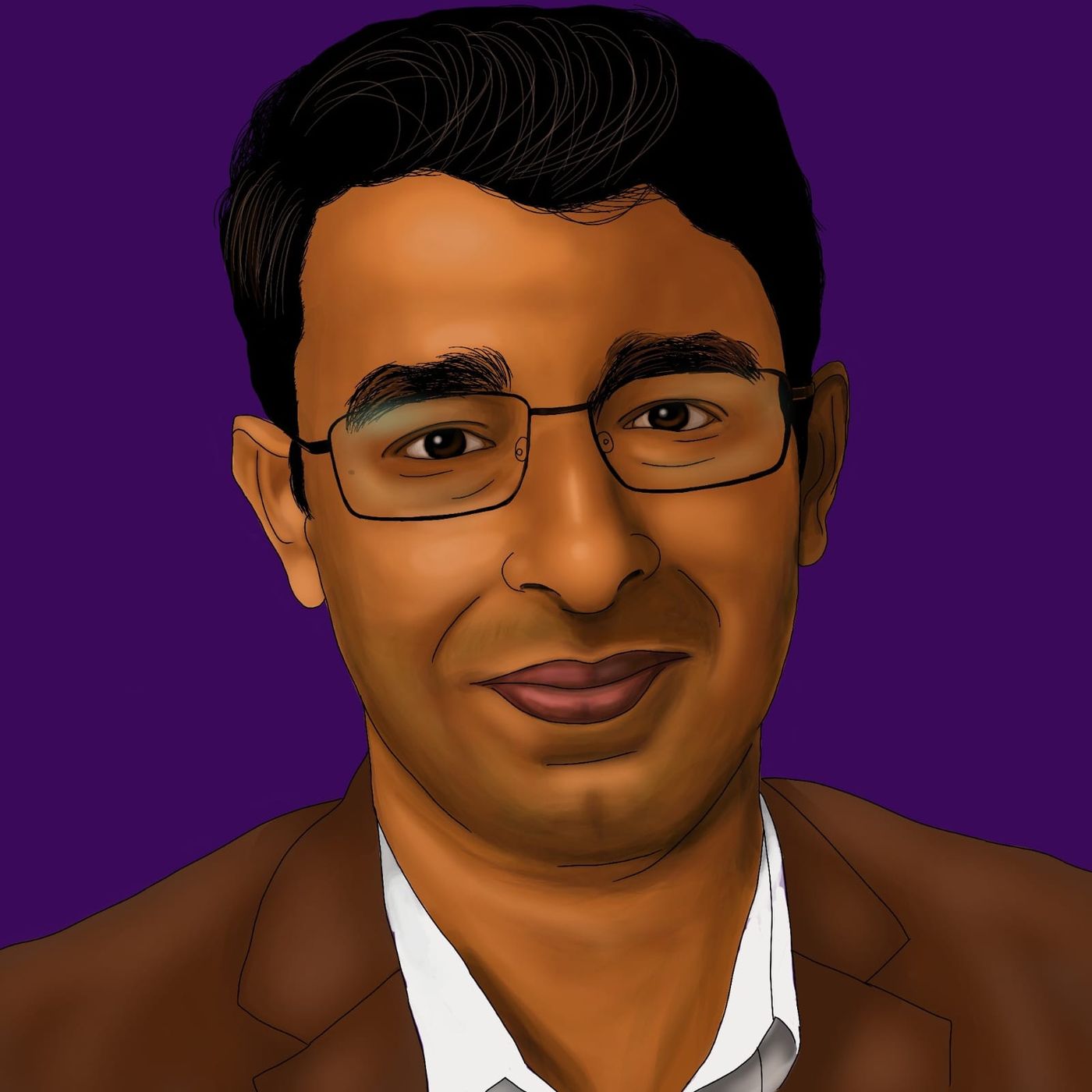

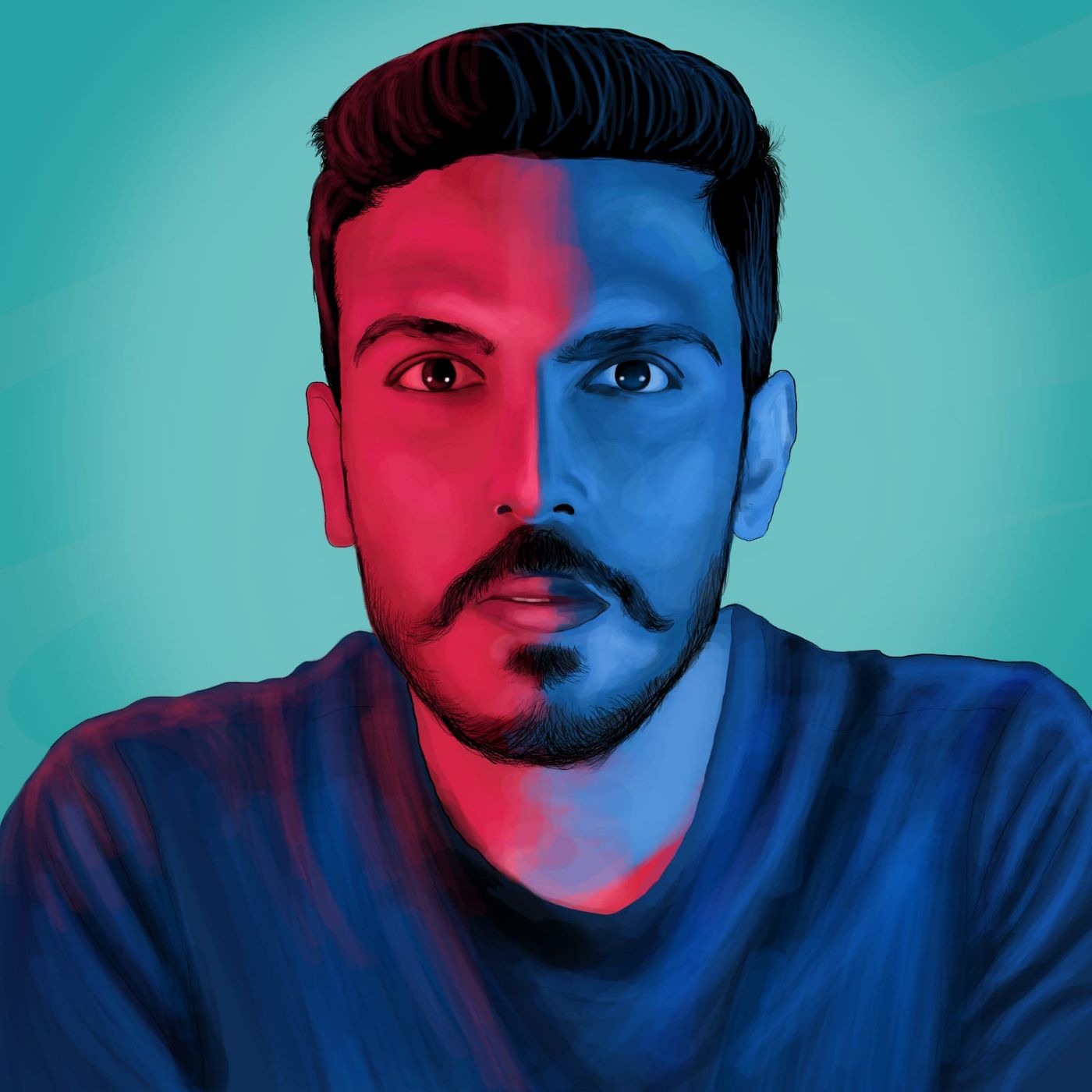
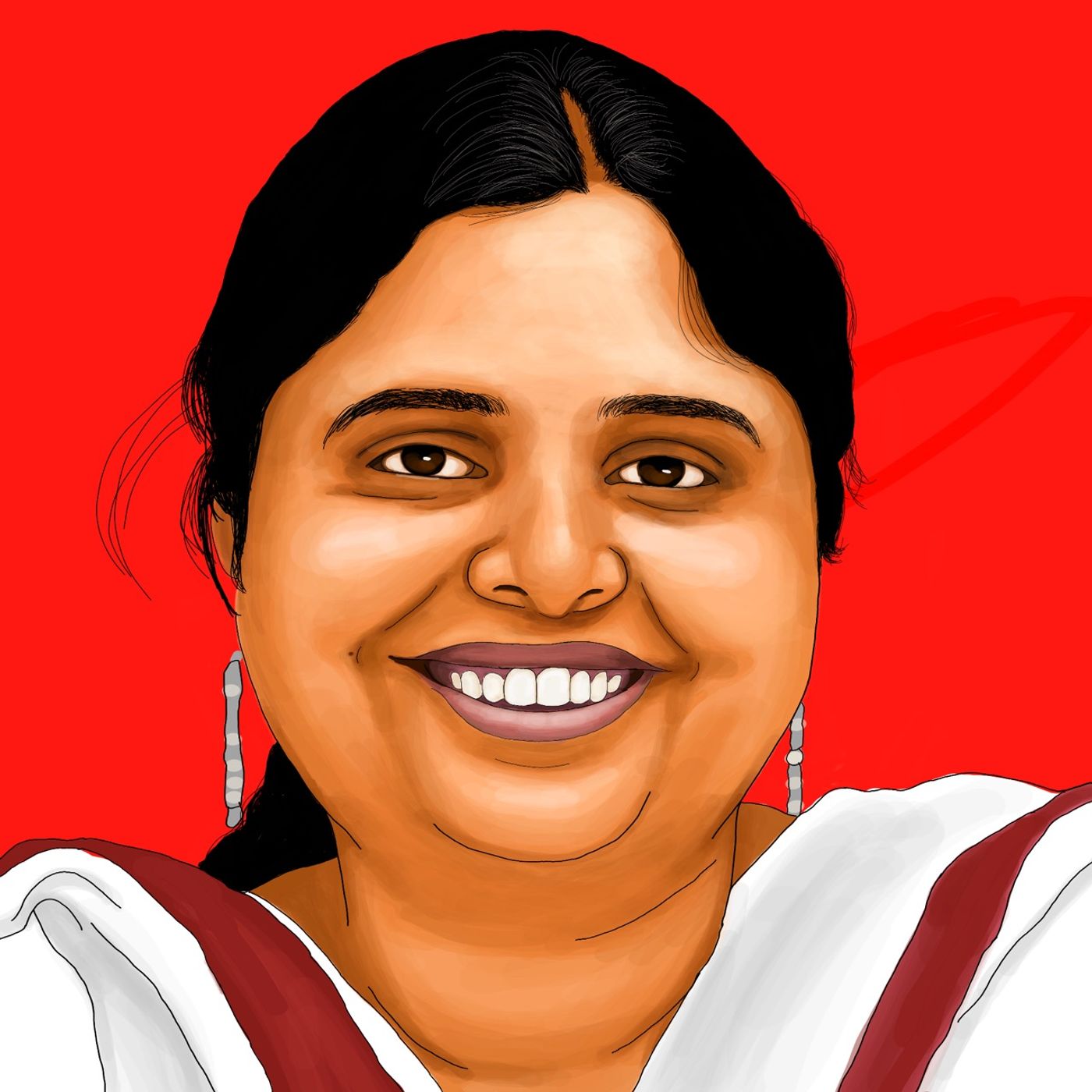
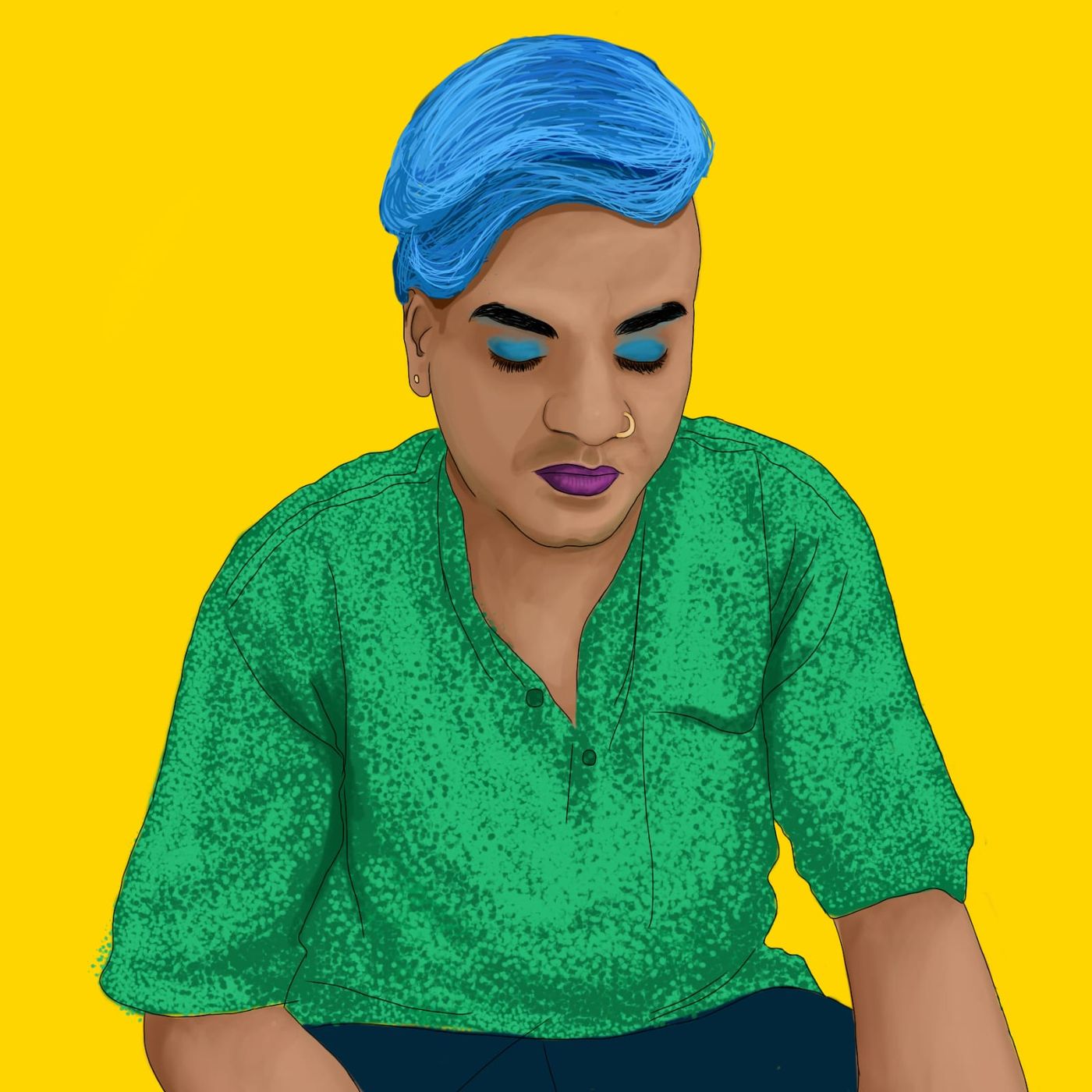
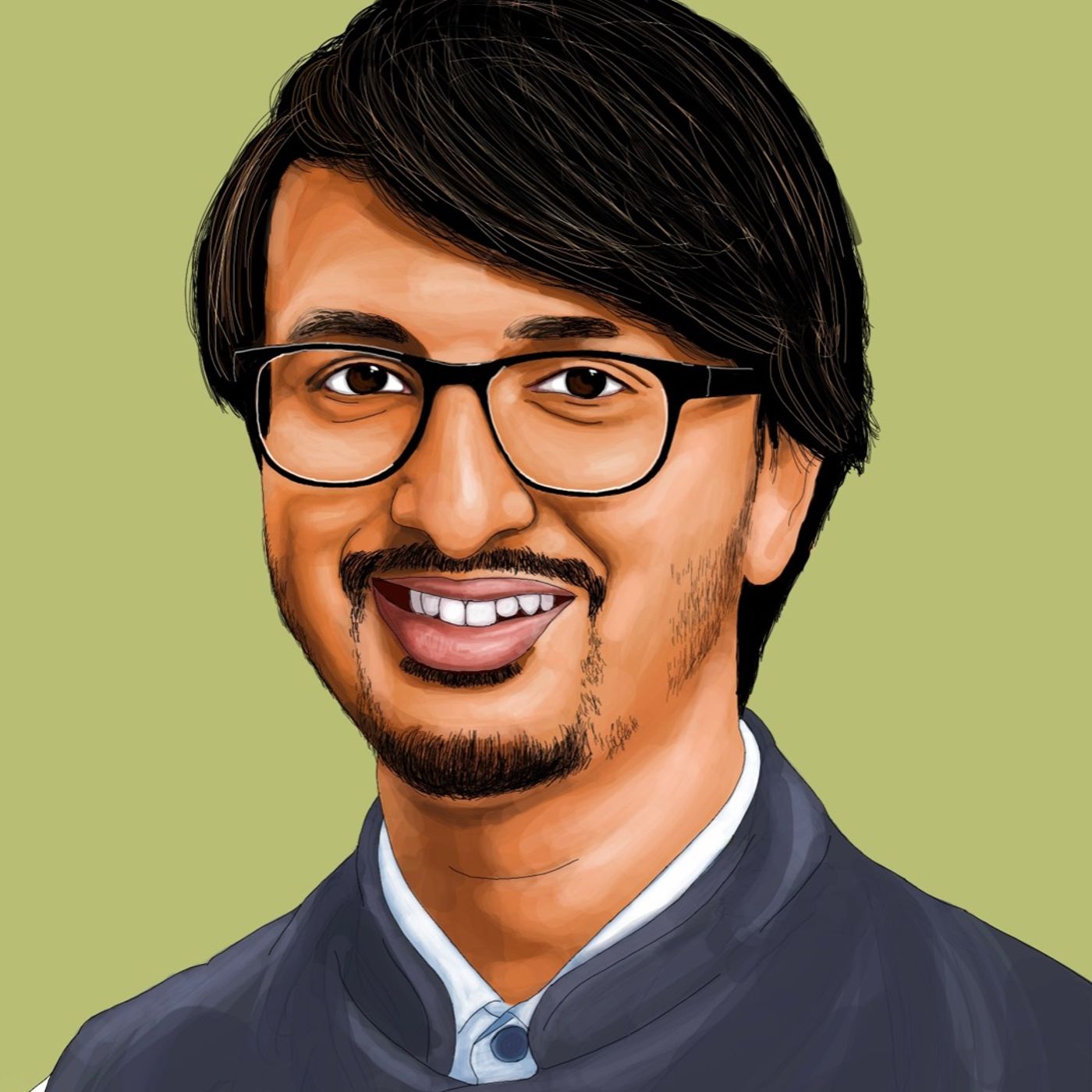
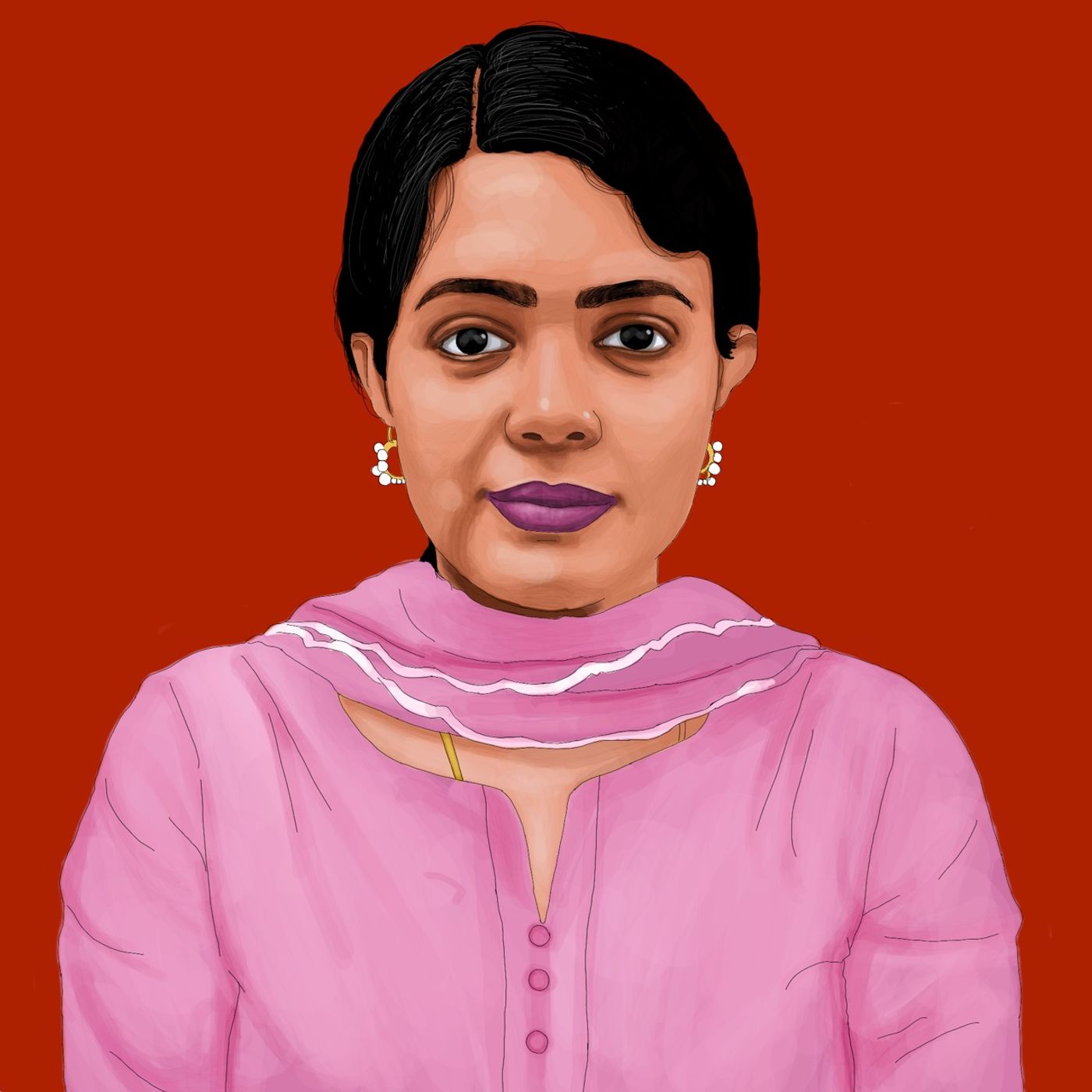
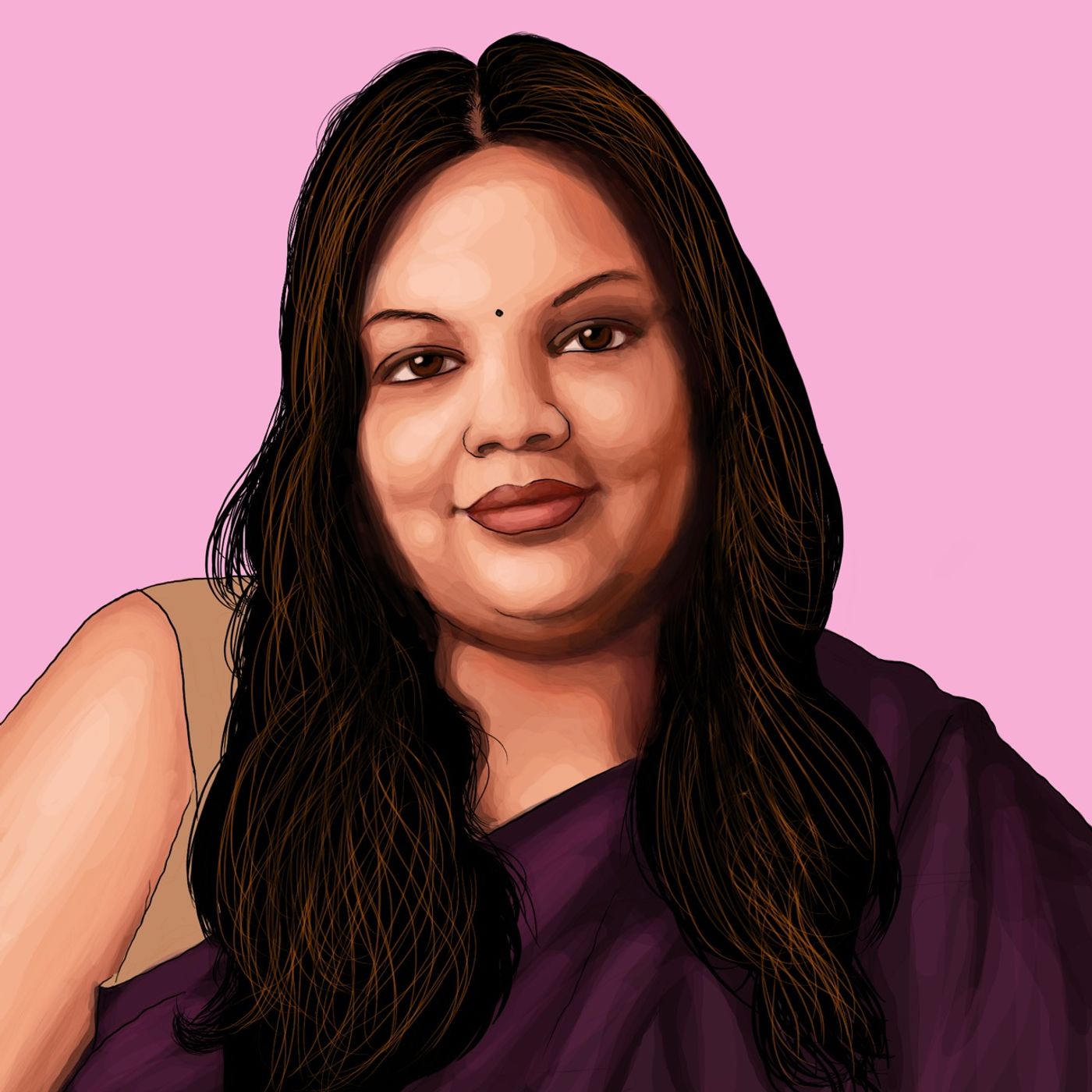
![#56 The Story of Bengal with Subhajit Naskar [ENG] #56 The Story of Bengal with Subhajit Naskar [ENG]](https://d3wo5wojvuv7l.cloudfront.net/t_rss_itunes_square_1400/images.spreaker.com/original/059158ec83d5f87f364d9c5ac0f79c4b.jpg)
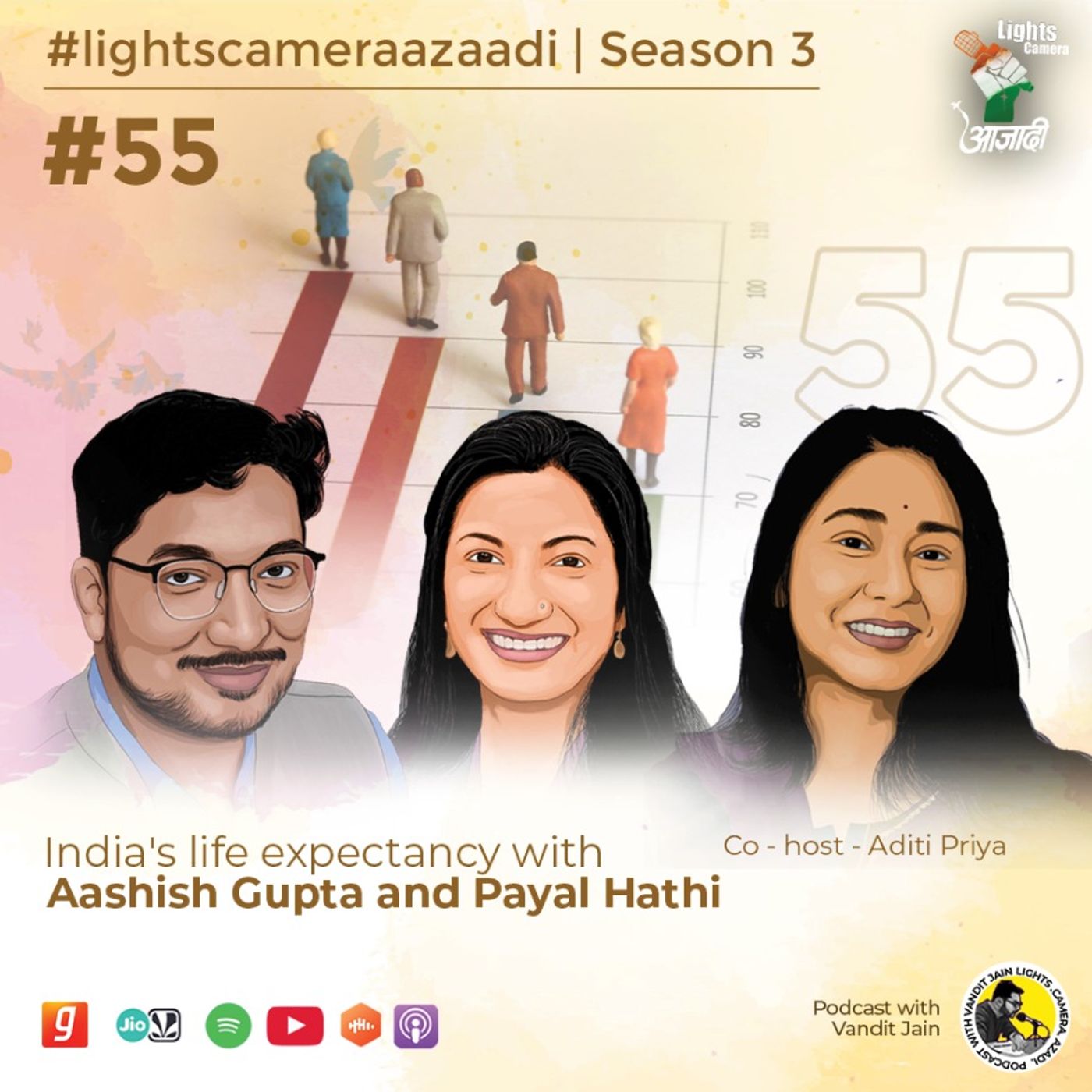
![#54 The Kancha Ilaiah Shepherd's Vision [Eng] #54 The Kancha Ilaiah Shepherd's Vision [Eng]](https://d3wo5wojvuv7l.cloudfront.net/t_rss_itunes_square_1400/images.spreaker.com/original/fa3ffaca7e04ba1ad291d207dfc1a7f2.jpg)
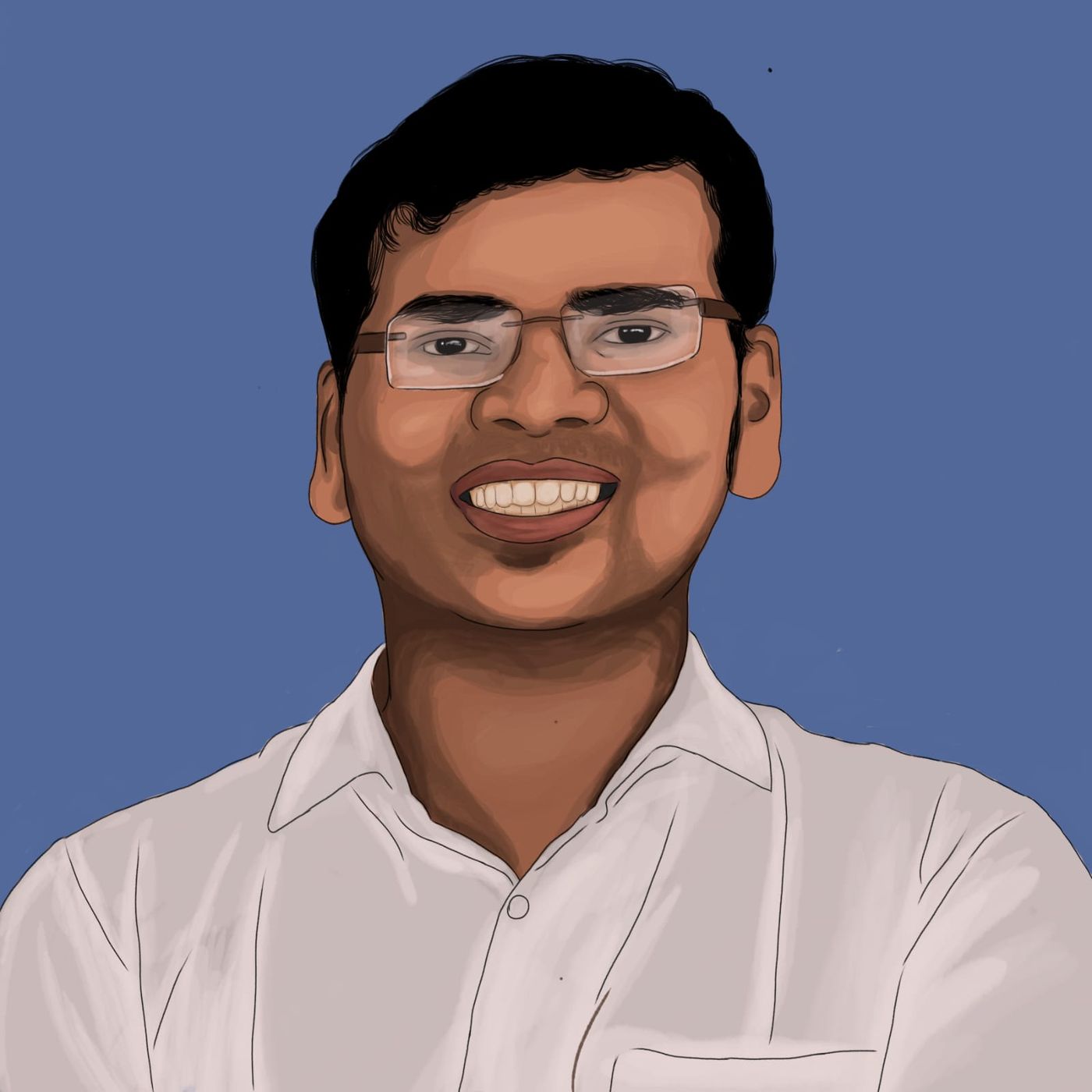
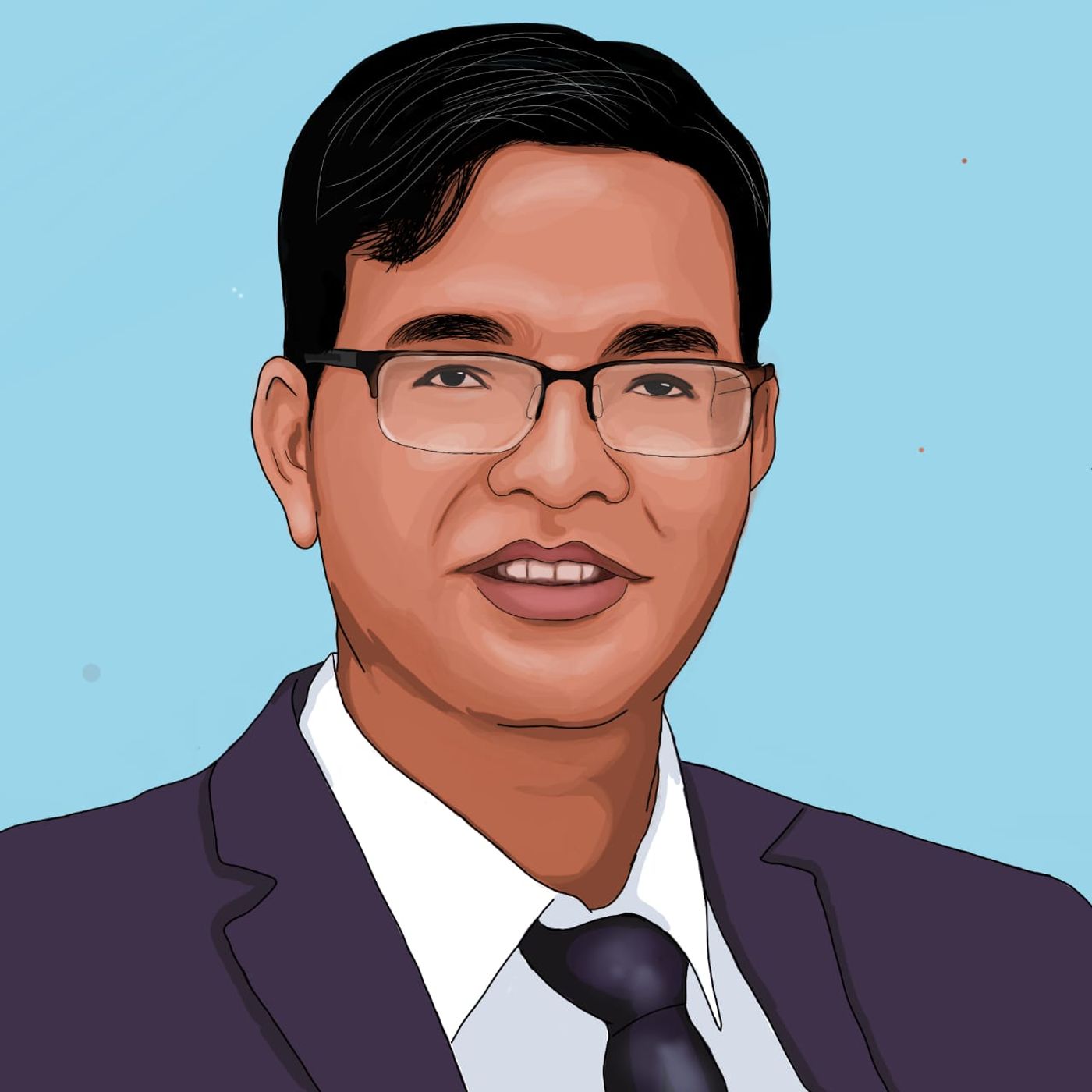
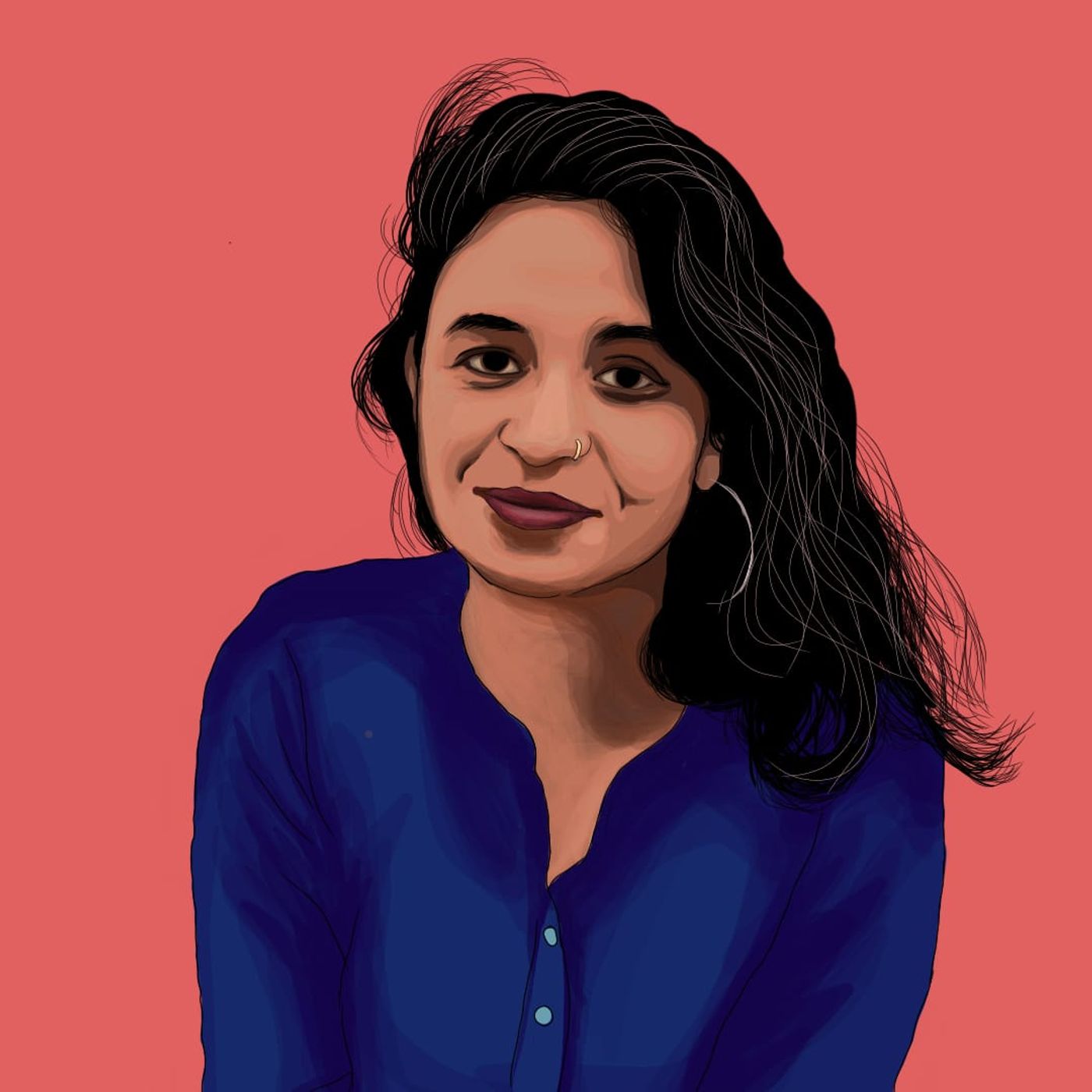
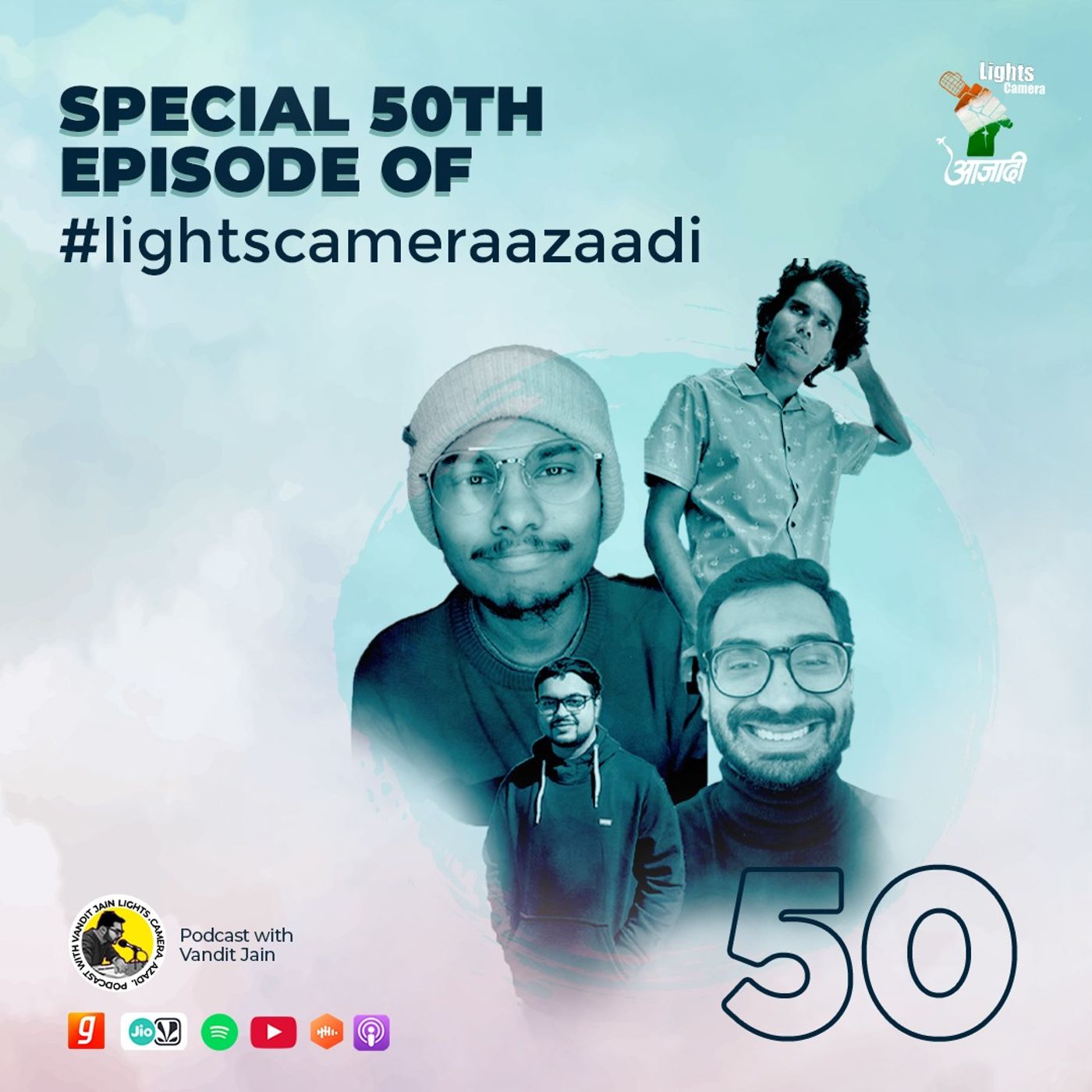
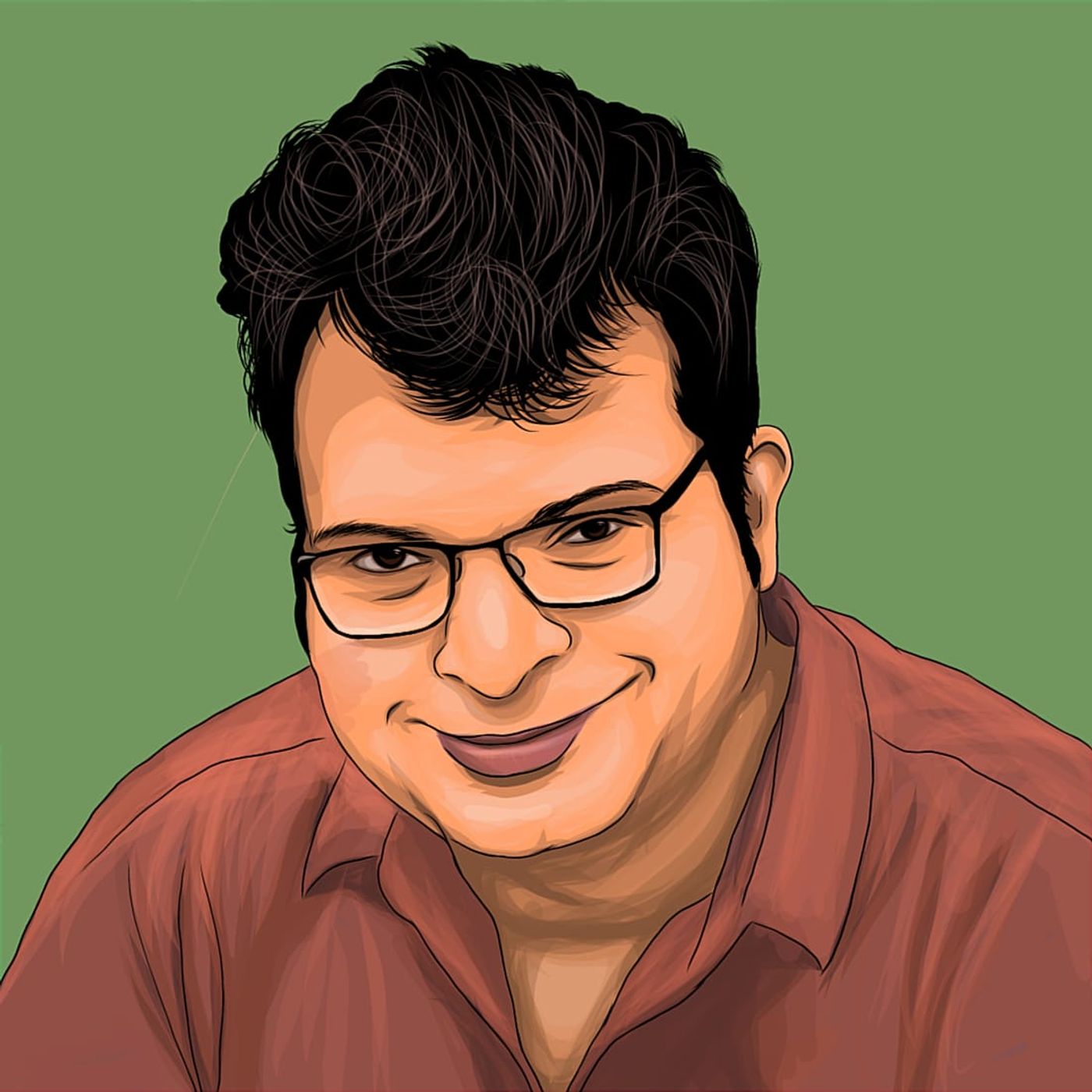
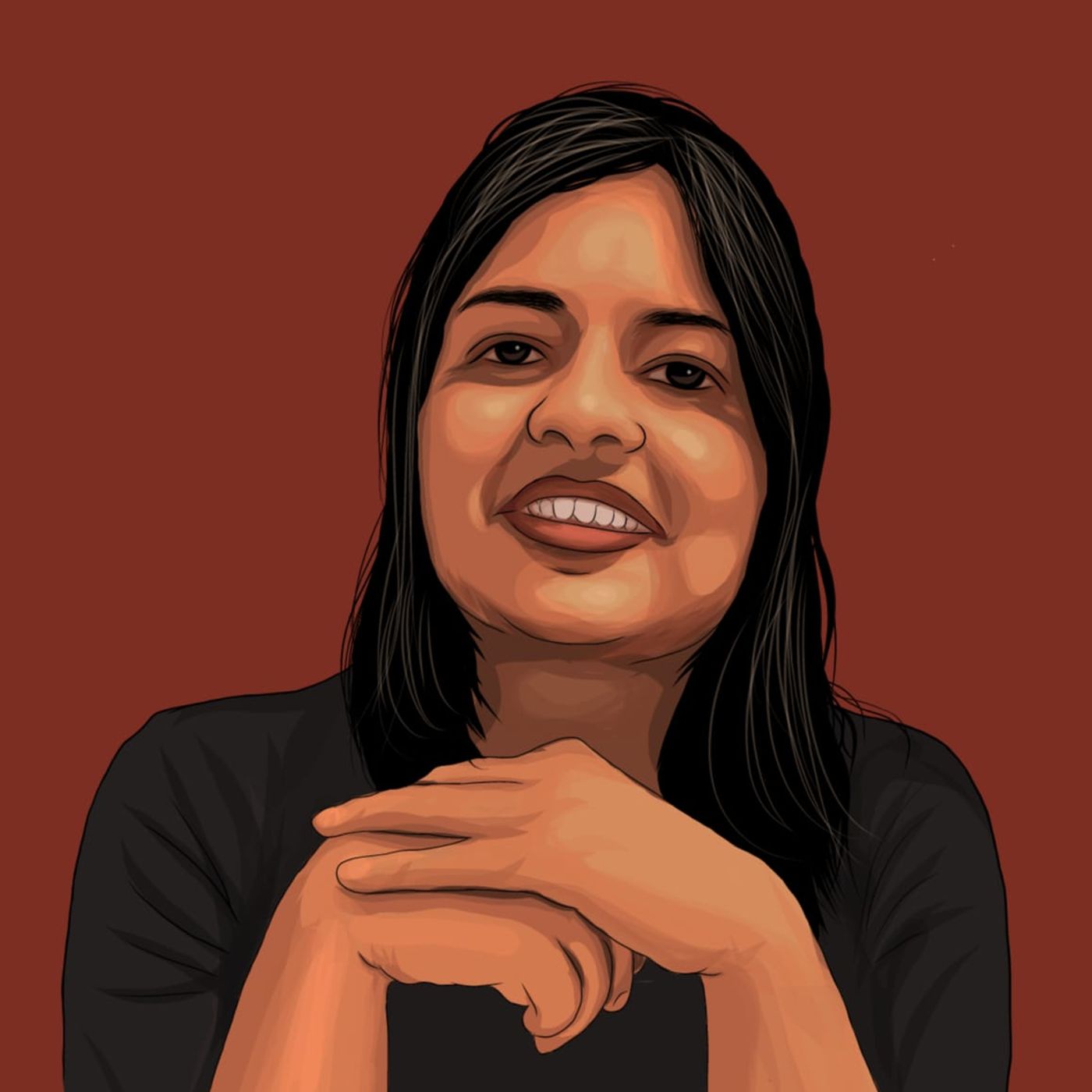
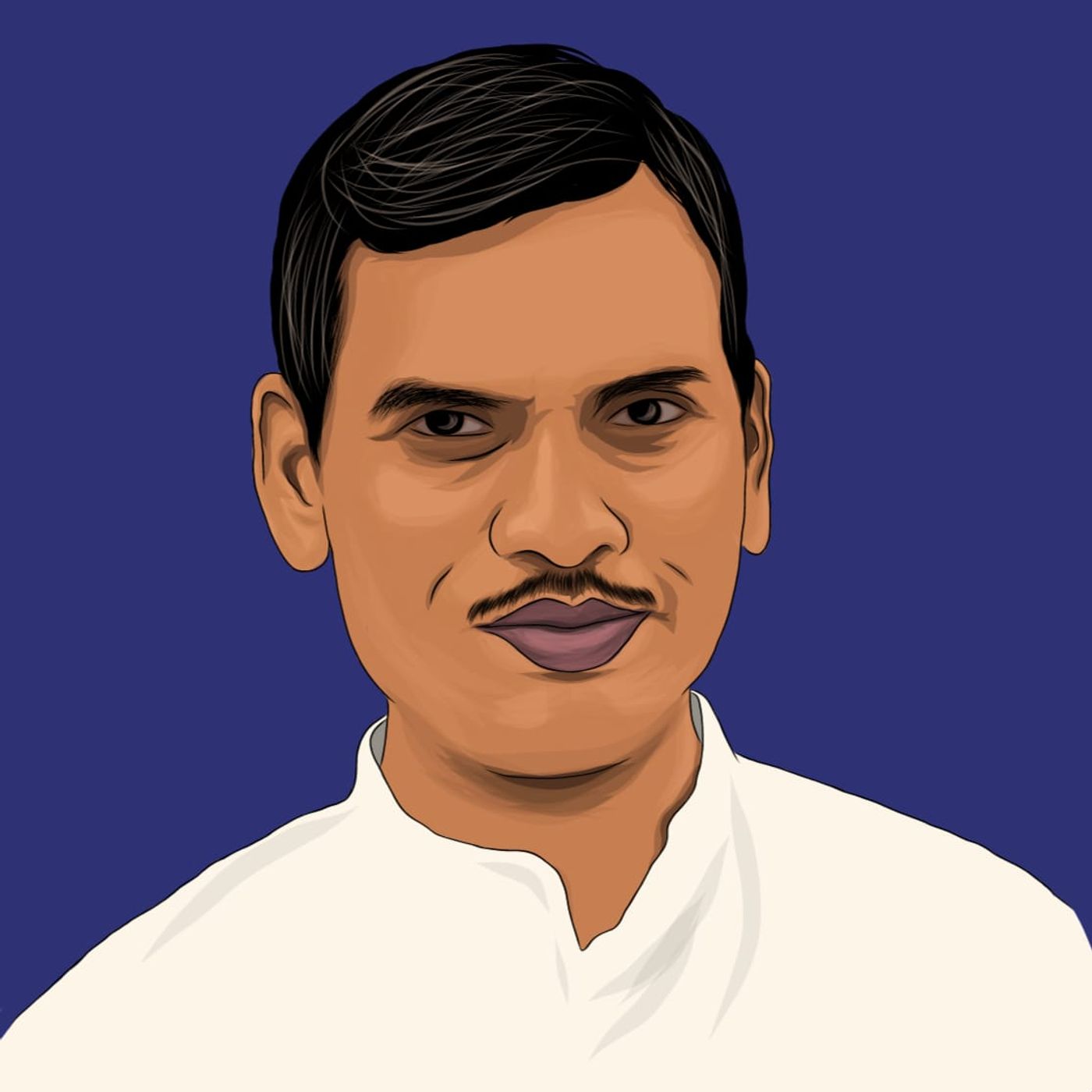
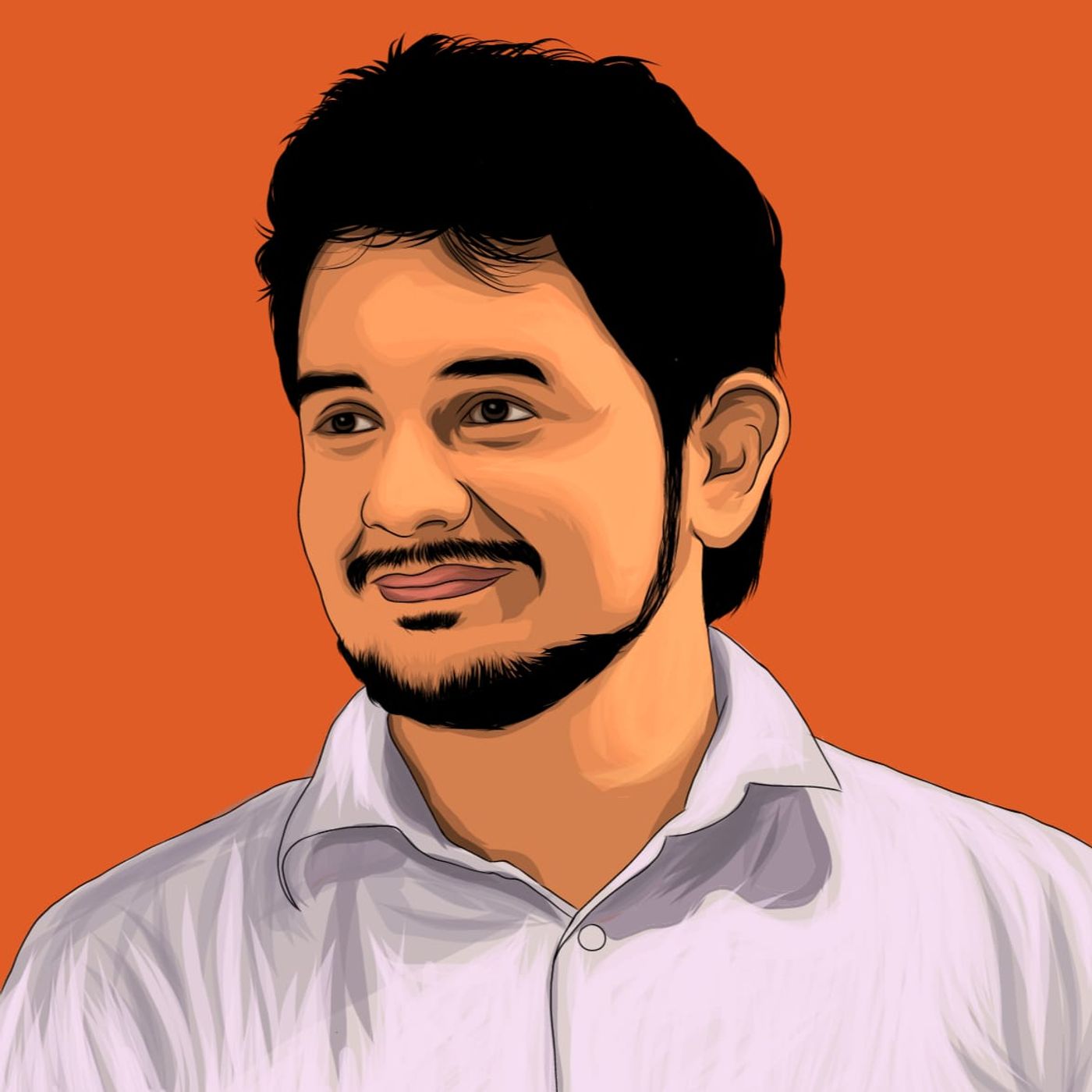
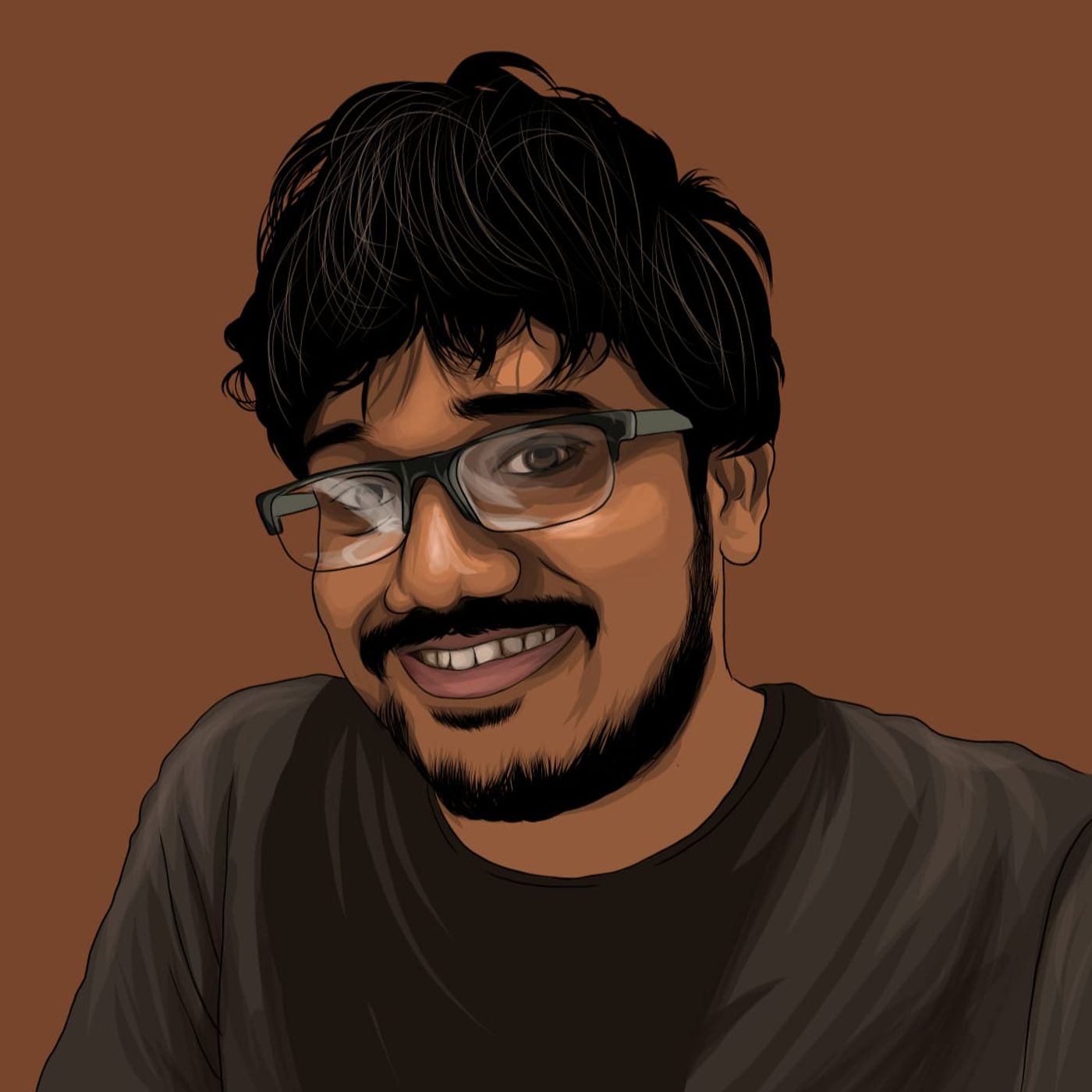


it would be a nice incentive to listen if you could provide the list of questions you ask to the guest in description